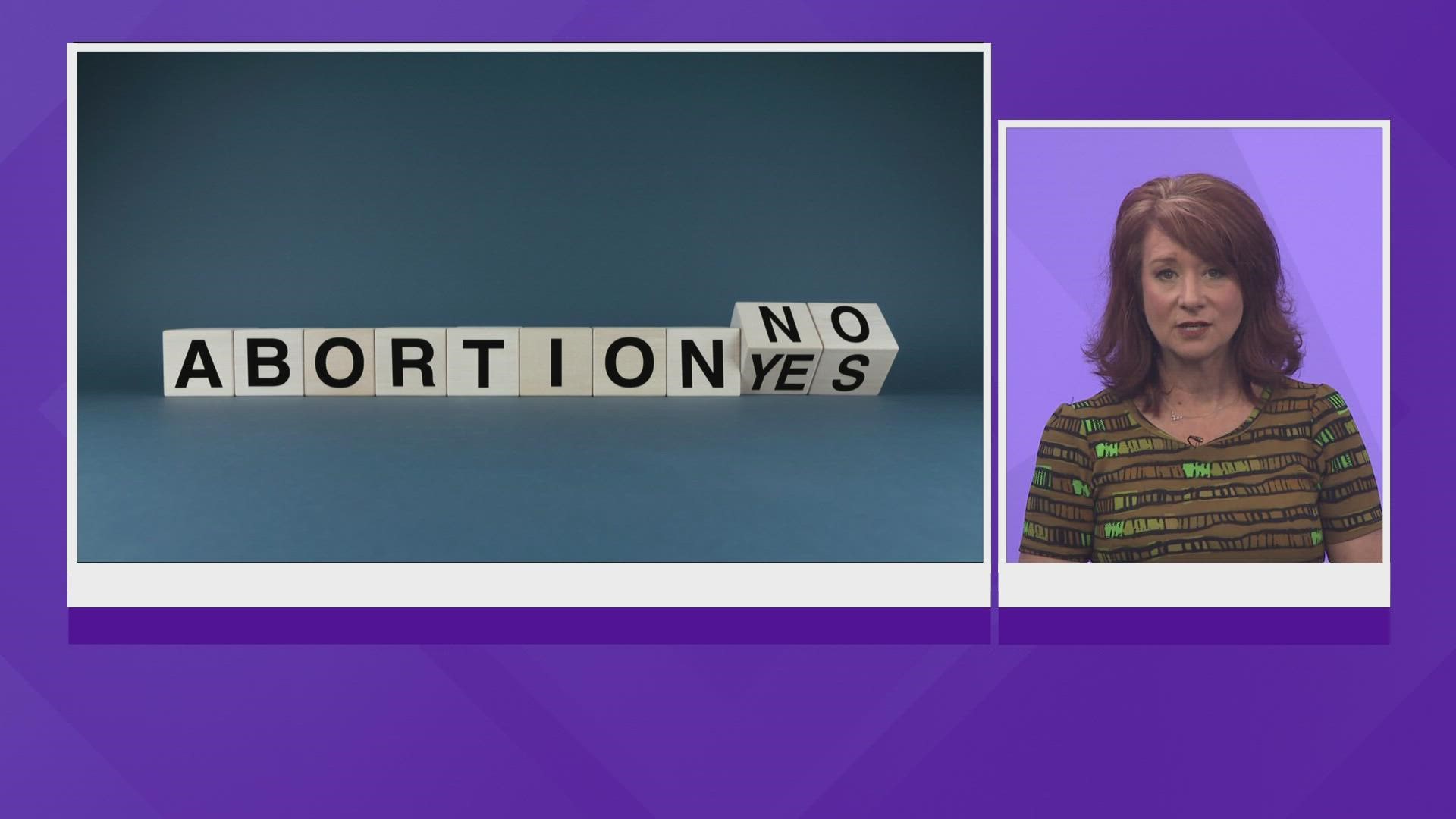GREENSBORO, N.C. — Abortion is no longer protected by the federal government, states now have the power to regulate it. While abortion is the latest to come under state power, the issue joins a long list.
“States have what's called police powers. Health, safety, welfare, and morals. Does that cover sex, drugs, rock, and roll? All the things” said Steve Friedland of Elon Law.
While states have a lot of power, states can't violate the constitution. For example, it can't pass laws that contradict the Bill of Rights and the protections for search and seizure, the right to exercise your religion, and so on.
Here's something else a state can't do, it can't act randomly.
Let's say state lawmakers don't want the backlash of all-out prohibiting abortion, so instead, they pass arbitrary laws that make it near impossible.
“States would not be allowed to say abortions can only occur on Tuesdays and Thursdays and odd days of the month because that does not sound like a reasonable decision. So, the states can regulate reasonably, whatever that is, just like it is thought it is reasonable to prohibit it,” said Friedland.
Right now, eight states have prohibited abortion: Kentucky, Alabama, Louisiana, Arkansas, Oklahoma, Missouri, South Dakota & Utah. Another 16 are likely to ban abortion outright: Arizona, Texas, Idaho, Montana, North Dakota, Iowa, Wisconsin, Michigan, Indiana, Ohio, South Carolina, Georgia, Tennessee, Mississippi, Florida, and West Virginia. North Carolina is not one of them.
Right now, nothing is changing in North Carolina when it comes to abortion laws. We have a Democratic Governor and a majority Republican House of Representatives and a majority Republican Senate.
The Governor can veto any limits that would be passed by the House and Senate, but the House and Senate could override the Governor's veto if there is a super majority. That could happen in the November mid-term elections.
That’s 31 Republicans in the senate and 73 Republicans in the house. (or it could be 30 and 72 respectively if a couple of Democrats side with Republicans)
Getting to this super majority in November isn’t a heavy lift according to Little, so then, is a change in abortion law inevitable? He says no.
“There's still probably some suburban Republicans, particularly outside of Raleigh, Charlotte, Greensboro, that will say my district is not going to go for an abortion limitation as strict as this. So, just getting the super-majority is not the magic bullet the Republicans might think it could be,” said Little.

